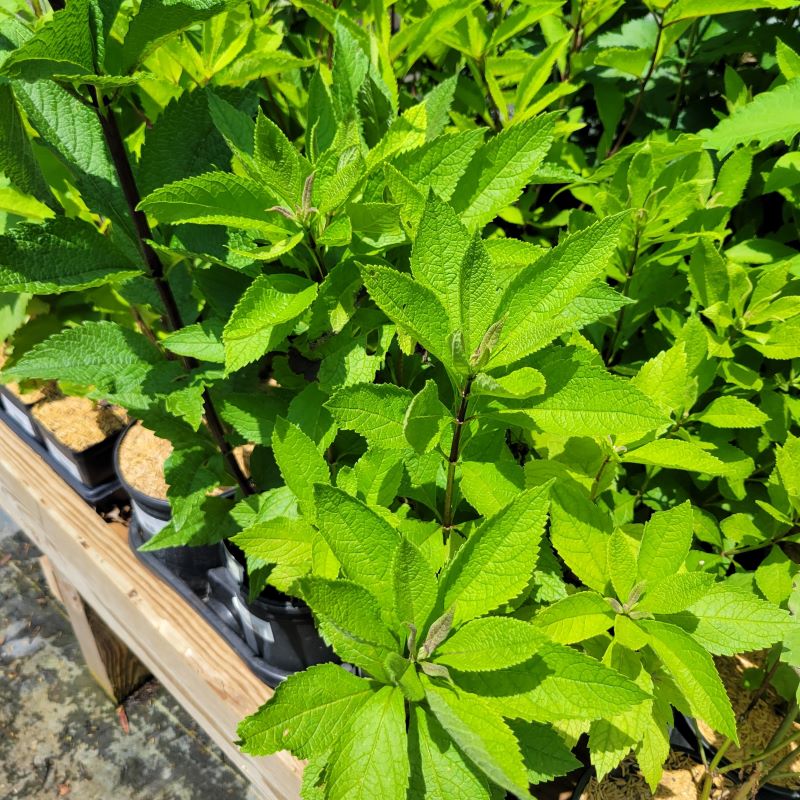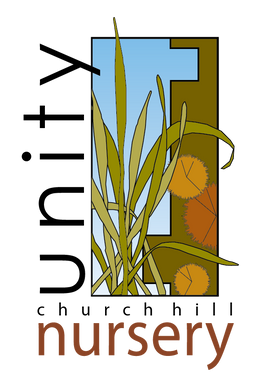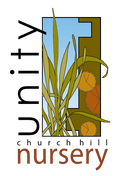
Eupatorium maculatum 'Phantom' (Dwarf Joe Pye Weed)
- Low stock - 3 items left
- Inventory on the way
Eupatorium maculatum, syn. Eutrochium maculatum 'Phantom,' commonly called spotted Joe Pye weed, is typically a large, upright native wildflower that is a favorite food source of a number of butterfly species; the 'Phantom' cultivar is notable for its much smaller size, only reaching heights of 2-4' tall as opposed to the parent species height of 4-10'! Much like other Joe Pye selections, this cultivar produces large clusters of bright purple-pink flowers atop large central stems; 'Phantom' additionally produces slightly darker colors than its parent species, taking on a purple hue to its foliage and darker color to its flowers in cooler weather.
Eutrochium maculatum thrives in moist to wet, sandy loam soils with some organic nutrient content, which makes it ideal for planting in perpetually damp settings such as drainage areas, rain gardens, along streambanks, and on pond edges. Although individual plants can become rather large, they can also form small colonies, but typically don't spread further than a few feet at a time.

